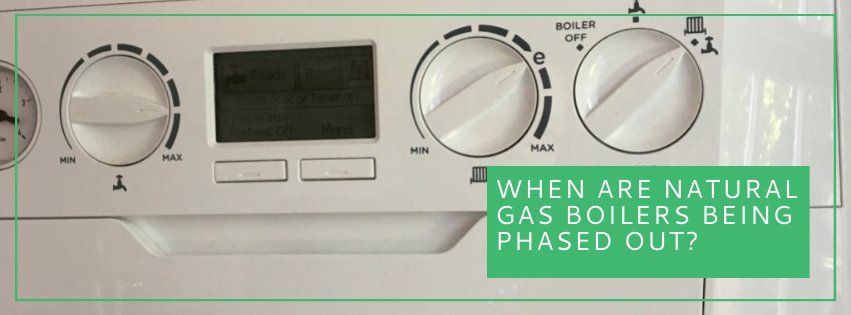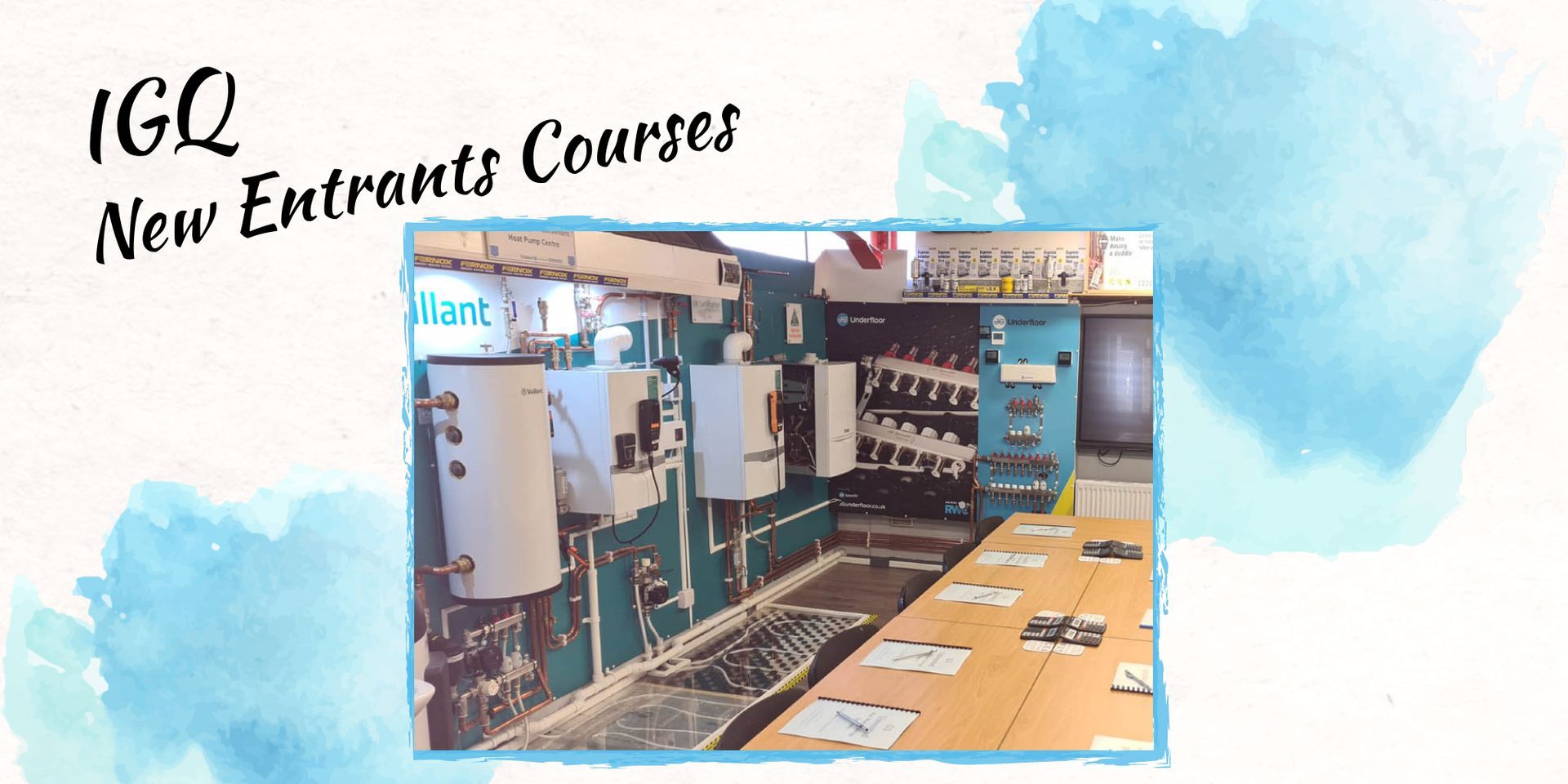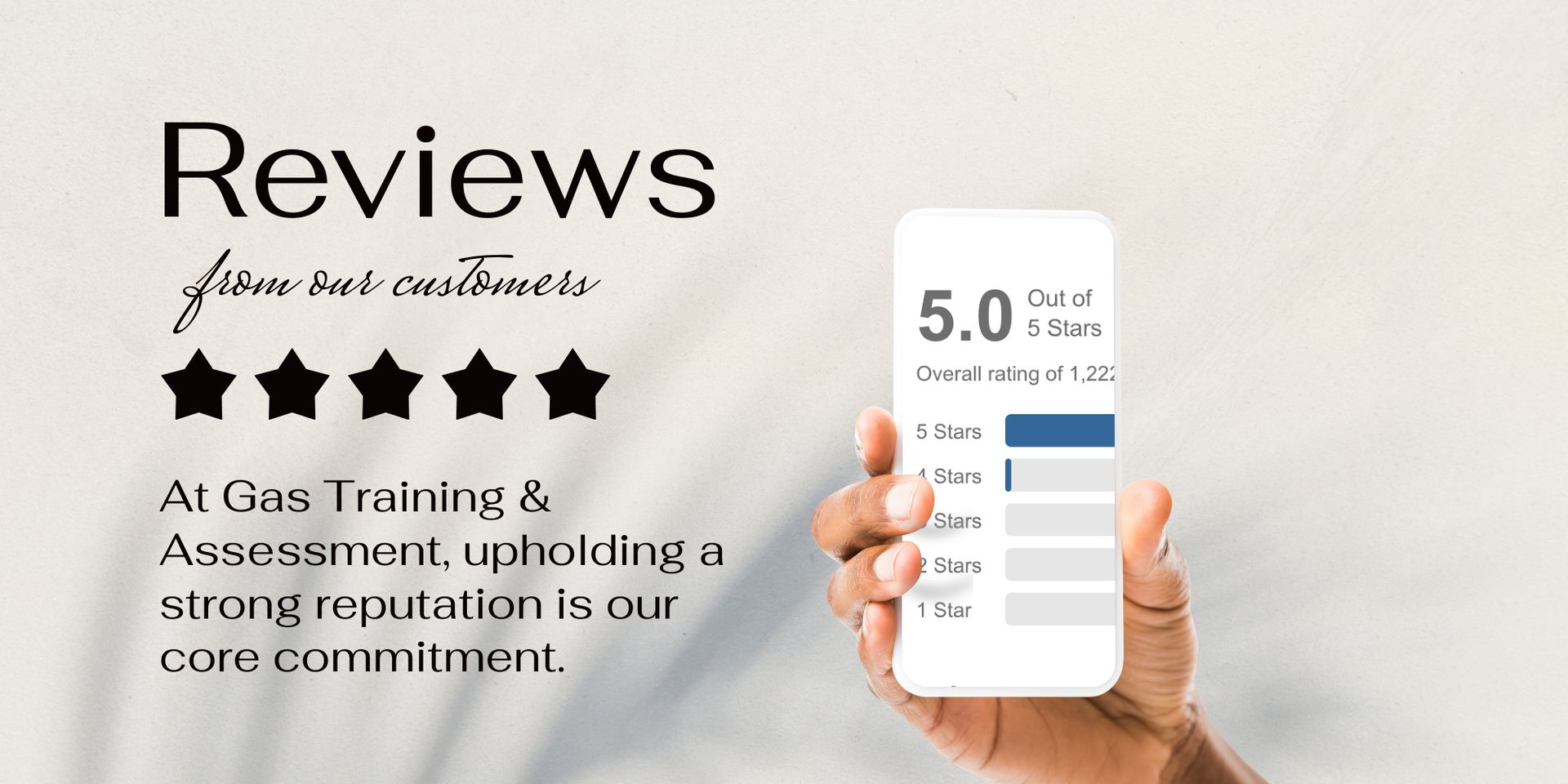The media is full of misleading news about boilers, hydrogen and heat pumps. So what is the truth? When are natural gas boilers being phased out? How will it affect you?
When are natural gas boilers being phased out and how will this change impact you?
‘Millions of families face a new £100 on their gas bills under plans to phase out conventional boilers by 2035’.
‘Heat pump grants worth £5,000 to replace gas boilers not enough, say critics’.
‘Gas boiler ban explained: Is YOUR boiler at risk – and could it cost you?’
Just a few of the headlines in the media in recent days. It is hardly surprising that people are both confused and concerned about the UK government’s plans to ban natural gas boilers in coming years. Unfortunately, this scaremongering is not uncommon when it comes to press. So when are natural gas boilers being phased out? Why? And what does that mean for homeowners?
When are natural gas boilers being phased out? Net zero
The UK government is committed to reducing emissions to zero by 2050. However, in order for us to achieve net zero, drastic action will need to be taken. One of the key parts of the plan involves natural gas boilers; a recent study has found that the millions of gas boilers in UK homes produce twice as much CO2 as all of the country’s gas-fired power stations combined.
As a nation we have become reliant on cheap, immediate heat. If we get a bit cold, we turn the heating on. And yet, according to the
Committee on Climate Change, our heating is responsible for nearly a third of greenhouse gas emissions in the UK. Therefore, the most effective way to reduce our CO2 emissions is to phase out fossil fuels and turn to alternatives for our heating and energy.
These come in the form of air source heat pumps and electric storage heaters, both powered by electricity; both low energy and zero-emission, and hydrogen, which is the greenest of them all.
When are natural gas boilers being phased out? 2025 and 2035 deadlines
When are natural gas boilers being phased out? Hydrogen ready boilers
A great option is a hydrogen-ready boiler. A massive benefit of hydrogen in comparison to heat pumps is cost; the Committee on Climate Change estimates that although the heat pump itself costs £6,000-£8,000, it will cost the average UK home around £26,000 to convert to a low-carbon heating system. A new build will have been designed with renewable, low-emission power in mind; but what about the millions of existing properties that struggled to accommodate gas heating in the 70’s and 80’s?
Hydrogen would be able to take advantage of the gas infrastructure that is connected to 80% of UK homes – all that would change would be the type of fuel running through it.
Although it is not yet possible to buy a 100% hydrogen-ready boiler yet, industry leading manufacturers continue to make great strides with their prototypes – it won’t be long until Worcester Bosch, Veissman and Baxi announce a breakthrough. As it is, all new boilers from these names can accept a 20:80 hydrogen mix.
Advantages of hydrogen boilers include:
- Zero carbon emissions – hydrogen produces water when burned, as opposed to coal, oil and gas, which emit carbon dioxide
- Existing gas infrastructure can be used – easy, quick and low-cost to roll out
- Hydrogen is more efficient – you can heat homes for less with hydrogen in comparison to gas
Gas Safe engineers would be provided with the relevant training in order to install, maintain and service hydrogen boilers.
When are natural gas boilers being phased out? What’s next?
It’s really a case of ‘watch this space’. Developers will need to know their stuff as new builds will need their heating to be low/zero emission in the next few years. But for UK homeowners, we recommend doing your research to see if you will qualify for a grant and investigate both heat pumps and hydrogen-ready boilers.
For
Gas Safe Engineers, we will be keeping you updated in terms of any future training that will be required as the country navigates new energy territory. In order to be able to install hydrogen boilers, you must first be a qualified gas engineer holding at least a Gas Safety (CCN1) plus a boiler qualification (CENWAT). You will then be able to add the hydrogen bolt-on qualification. These
courses are expected to be 2-3 day programmes; watch this space for more information.
We hope you found our article, ‘When are natural gas boilers being phased out?’ of interest. Please do not hesitate to get in contact if you have any questions.

























